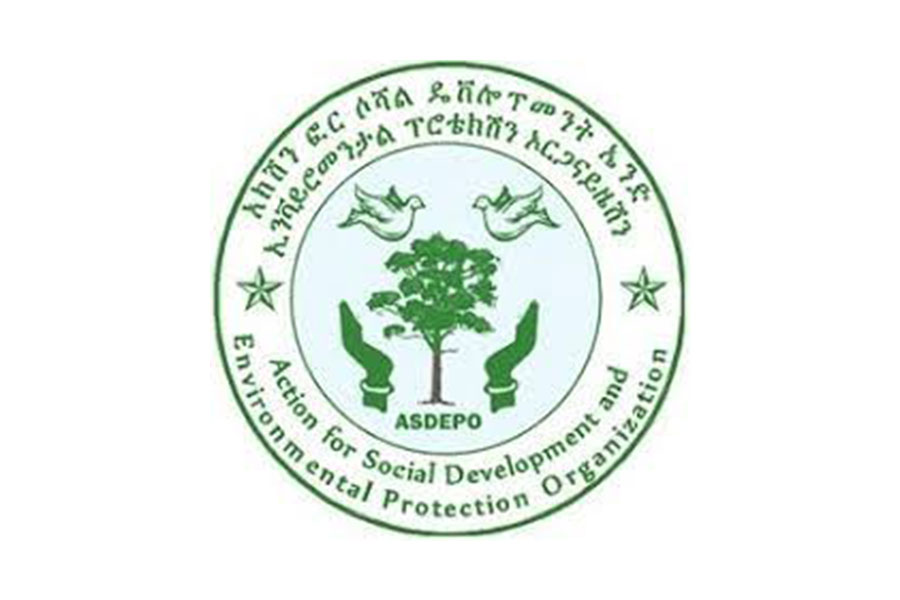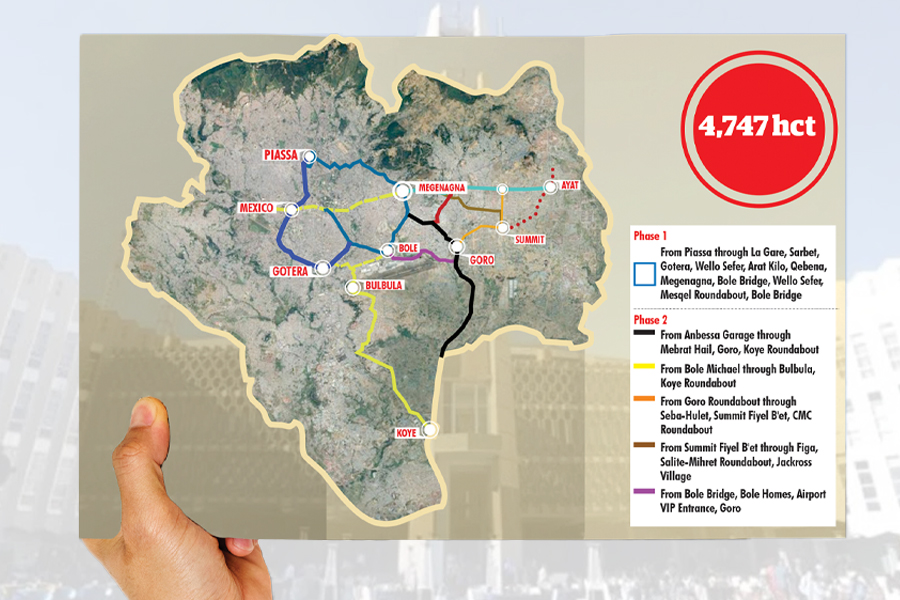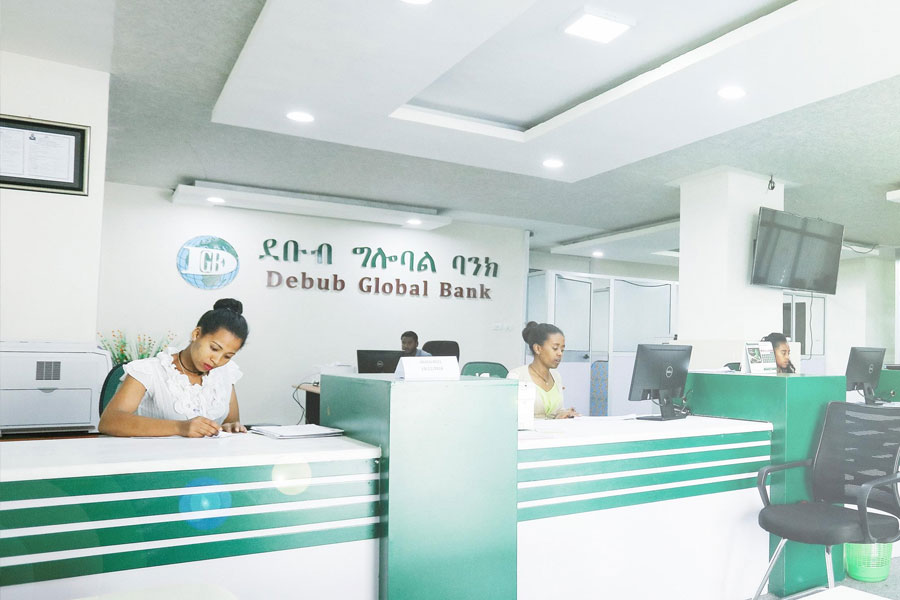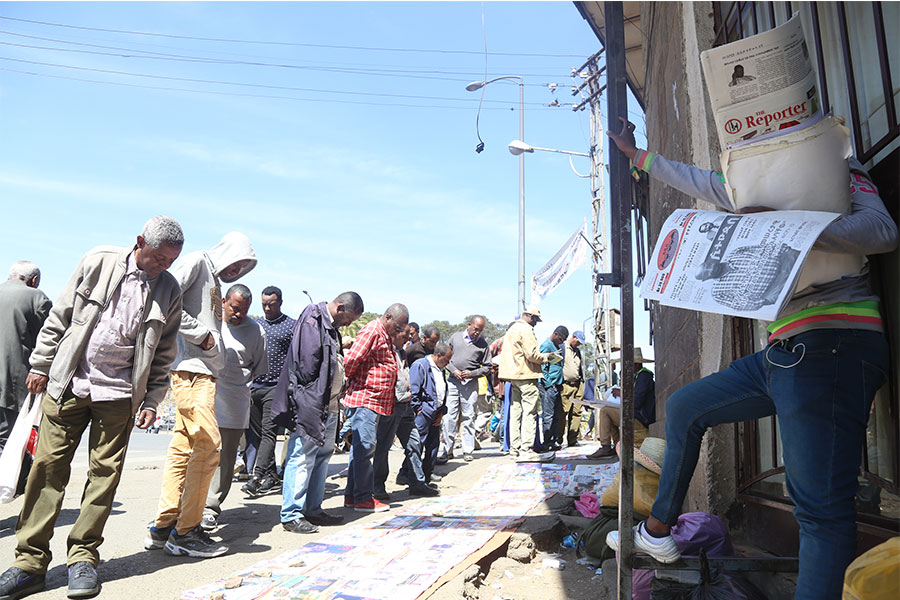
Sponsored Contents | Sep 26,2021
Dec 4 , 2021.
There is no shortage of literature on why peaceful and non-violent political transition eludes Ethiopia. However, it should be no mystery to look at the political culture that informs leaders of the opposing political forces. Ethiopia`s political history is about contention for power and domination through all but persuasion. Constitutional institutions designed for the legal and peaceful arbitration of these contentions - at least in theory - were never allowed to function independently of the partisan agenda of those who captured the state.
The political development in different parts of the country informs how these issues are handled. They offer a widely contrasting yet predictable illustration of how political forces of various affiliations engage. The duality manifesting in several fronts is visible in how bitter contestations are handled differently.
The most tragic is the war in the north. For over a year, armed forces from Tigray have been fighting the federal army and regional allies following at least a year of fracture within the ruling Ethiopian People’s Revolutionary Democratic Front (EPRDF). It showcased that Ethiopia’s body politic is entirely unprepared for negotiated settlements and peaceful transfer of power. It is a replay of the past and perpetuity of the victor, where the will of one or the other is forcefully imposed on the vanquished, or at least years go by in this effort.
The civil war, resurgent rebellion and instability elsewhere have taken up all of the space in the public domain. It is easy to assume that there is no other political development of consequence happening elsewhere. It is understandable. However, overshadowed by these events, other political developments of constitutional consequences are taking place. Regional states are born, requiring a constitutional tinkering for the first time since its ratification in the mid-1990s.
The South-West Regional State is the youngest and the 11th member of the federation. Earlier last month, powers were officially transferred to it from the Southern Regional State, and a 52-member council was established, which elected a Deputy President and a Speaker. It results from a referendum in the West Omo, Dawro, Kaffa, Sheka and Bench Sheko zones and the Konta Special wereda. Over a million residents voted to form a new regional state.
The South-West is the second regional state to be formed in the past two years. It comes a year after the Sidama Regional State joined the federation following a referendum held two years ago. Over three million people voted for greater autonomy. The region’s council has been running its affairs and has developed a structure with the Southern Regional State.
Neither case has been without its flaws. There have been contentions in both, in some cases causing the death of hundreds of civilians. The South-West has yet to select a seat for the regional administration, and devising a formula for fair representations of all of the consequent lingo-cultural groups has been complex. The Southern and Sidama regional state have their respective leaders yet to hash out the issue of Hawassa, which both are using as seats for their regional administrations.
These hagglings are to be expected. There is always a tug and pull in politics, and few issues are ever wholly resolved and always a work in progress. It also beats the unfolding in the northern part of the country by several folds. The consequences and outcomes of this dual development in one country will have ramifications for the destructed north and the stable south in every aspect of life.
It raises the question: how is it possible that what are essentially political differences could have resulted in widely differing outcomes? One has degenerated into a horrific carnage, and the other accorded relative calmness.
The fair and lawful exercise of political rights does not account for these variations. The referendums in the South have been conducted under the oversight of a national electoral body. The main point of differentiation is the existence of goodwill in the case of political development in the South. This goodwill is neither over the autonomy nor fairness of constitutional institutions but one in-built with the successor of the EPRDF, the Prosperity Party (PP).
Ethiopia came of the shadow of an Empire to have its political culture anchored on ideology and political parties. Contestations for power were navigated through the ruling party, excluding those outside the ruling coalition. The constitutional institutions were only vechiles used by the ruling coalition to legitimise the decisions made in secretive and behind-closed-door meetings. The ruling party was the primary portal for arbitrating the political differences and establishing a soft landing for the resolution between the contending forces.
The constitutional institutions failed to have mustered enough influence and power to mould conflicting ideas into peaceful outcomes in its absence. It is much better than war, but neither is it real.
In contrast, there was no entity, political framework or institution of goodwill to rise above the contending forces waging destructive wars. When the EPRDF unravelled from within, the political situation degenerated. The constitutional institutions fell short of their mandate to arbiter contestations for power, for they were deprived of credibility, trust, and legitimacy. There was nothing else to rely on for addressing conflicting objectives.
None of this is to take away from the agency of the residents of the South-West or the Sidama regional states. They have demonstrated their enthusiasm for participating in referenda and asserted their will based on available choices. They saw compromise and a peaceful engagement in their differences as the better way forward. That should have been a political culture governing the social community, political formation, and economic space that is Ethiopia.
The ongoing civil war in the north is a painful reminder that goodwill and compromise are hard to come by when the political framework or the institutions that both contending sides trust do not exist. The modest political developments in the South and the militarized conflict in the north are critical to understanding that even if there is a will for addressing differences, credible and trusted institutions need to exist as a channel for them.
The contrast between the north and the south can be rationalised through the institutionalisation of power. It is the most illusory reform for African countries, where power is either personalised or the elites capture the state. When differences of objectives arise out of this, as a result, it is likely to devolve into insanity and violence instead of finding a political process lawfully and peacefully.
Ethiopia’s current war is one of many, and there is not much reason to expect it to be the last. Enduring peace could be found by strengthening institutions through negotiated settlements. For far too long, politicians of various colours have been paying lip services to it. It is about time they walk the talk.
PUBLISHED ON
Dec 04,2021 [ VOL
22 , NO
1127]

Sponsored Contents | Sep 26,2021

Commentaries | Jun 19,2021

Featured | Sep 11,2020

Fortune News | Aug 25,2024

Fortune News | Jan 02,2021

My Opinion | May 23,2020

Radar | Apr 03,2023

Life Matters | Dec 04,2021

Agenda | Dec 19,2018

Editorial | Mar 04,2023

My Opinion | 131507 Views | Aug 14,2021

My Opinion | 127863 Views | Aug 21,2021

My Opinion | 125841 Views | Sep 10,2021

My Opinion | 123471 Views | Aug 07,2021

Dec 22 , 2024 . By TIZITA SHEWAFERAW
Charged with transforming colossal state-owned enterprises into modern and competitiv...

Aug 18 , 2024 . By AKSAH ITALO
Although predictable Yonas Zerihun's job in the ride-hailing service is not immune to...

Jul 28 , 2024 . By TIZITA SHEWAFERAW
Unhabitual, perhaps too many, Samuel Gebreyohannes, 38, used to occasionally enjoy a couple of beers at breakfast. However, he recently swit...

Jul 13 , 2024 . By AKSAH ITALO
Investors who rely on tractors, trucks, and field vehicles for commuting, transporting commodities, and f...

Jun 29 , 2025
Addis Abeba's first rains have coincided with a sweeping rise in private school tuition, prompting the city's education...

Jun 29 , 2025 . By BEZAWIT HULUAGER
Central Bank Governor Mamo Mihretu claimed a bold reconfiguration of monetary policy...

Jun 29 , 2025 . By BEZAWIT HULUAGER
The federal government is betting on a sweeping overhaul of the driver licensing regi...

Jun 29 , 2025 . By NAHOM AYELE
Gadaa Bank has listed 1.2 million shares on the Ethiopian Securities Exchange (ESX),...